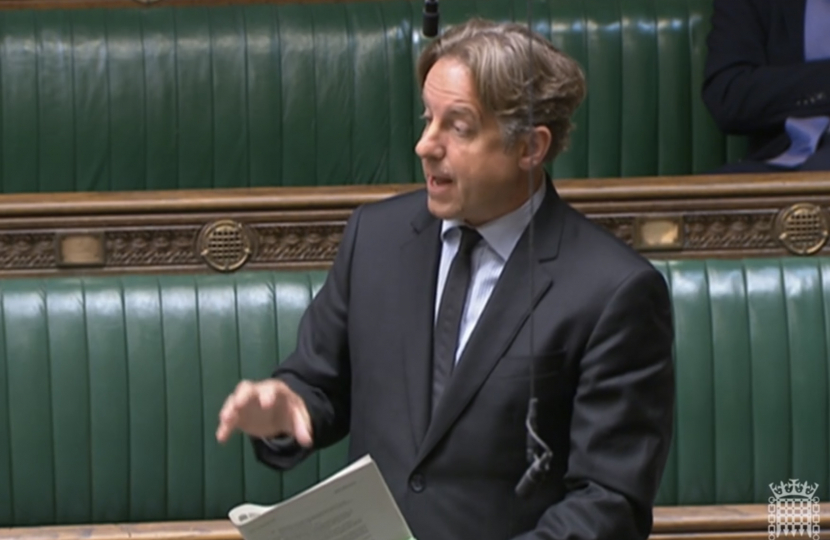
A victory for common sense this week as some of the points I have been making about needing more practicality in the plan for energy transition appear to have been recognised by Ministers.
I have driven electric and hybrid cars since 2017 and am fully on board with reducing carbon emissions over time as part of mitigating our effect on the environment. The reality is however that there are constraints on materials production for renewable energy generation, battery storage, grid transmission and charging infrastructure, and they need to be managed. Whether it is cobalt mining by children in the DRC, slave labour polysilicon production in Xinjiang, or coal fired power being used in China and Germany as inputs to the industrial materials needed for “green” product installation, we need to be aware that our choices have consequences and think hard about them.
I lobbied our local authority for more charge points here in Somerset back when I got my first electric car, because there were next to none available. While things have improved a bit there is still nothing yet like the necessary street charging capacity needed to support everyone to drive electric. With electric heat pumps too the product doesn’t yet have “market fit” to use the investment jargon. No one wants to pay loads more for heating systems that aren’t effective enough yet, any more than they want to have to pay loads more for cars that are difficult or impossible to manage.
It is sensible to align our target for phasing out petrol and diesel cars to the same as it is in the EU - 2035. We have done substantially better than the EU in moving energy generation away from the dirtiest pollutant, coal, so our EV source energy is better and will get better over time too. However the increasing renewables mix does require careful thought, planning and investment for load balancing, back-up and transmission and this also needs more time so that supply doesn’t just become unreliable and expensive.
I am keen to try to make sure hybrid cars remain in the mix after 2035 as well, because they can be many times more efficient in reducing overall fossil fuel driven miles. If you can charge and travel electric say 60 miles a day on a 20-25 kilowatt hour battery in the electric part of your hybrid, that should cover most people’s daily needs and use maybe only one quarter of the material needed for a similar driver’s pure Electric Vehicle’s 80-100 kilowatt hour battery pack. Charging smaller hybrid electric packs is also much quicker and more practical.
Not only might such use of hybrids be more efficient in managing to materials constraints and achieving fewer fossil fuel miles, continued investment and focus on more and more efficient internal combustion engines for the fossil fuel component would enable us to maintain engine design skills in the UK in which we lead the world, with knock on effects for advances in technology both in combustion engines the world will still use at Net Zero (especially the developing world whose burgeoning demand desperately needs to be made more energy efficient) and hydrogen combustion power units which are another way of storing clean energy then releasing it.

